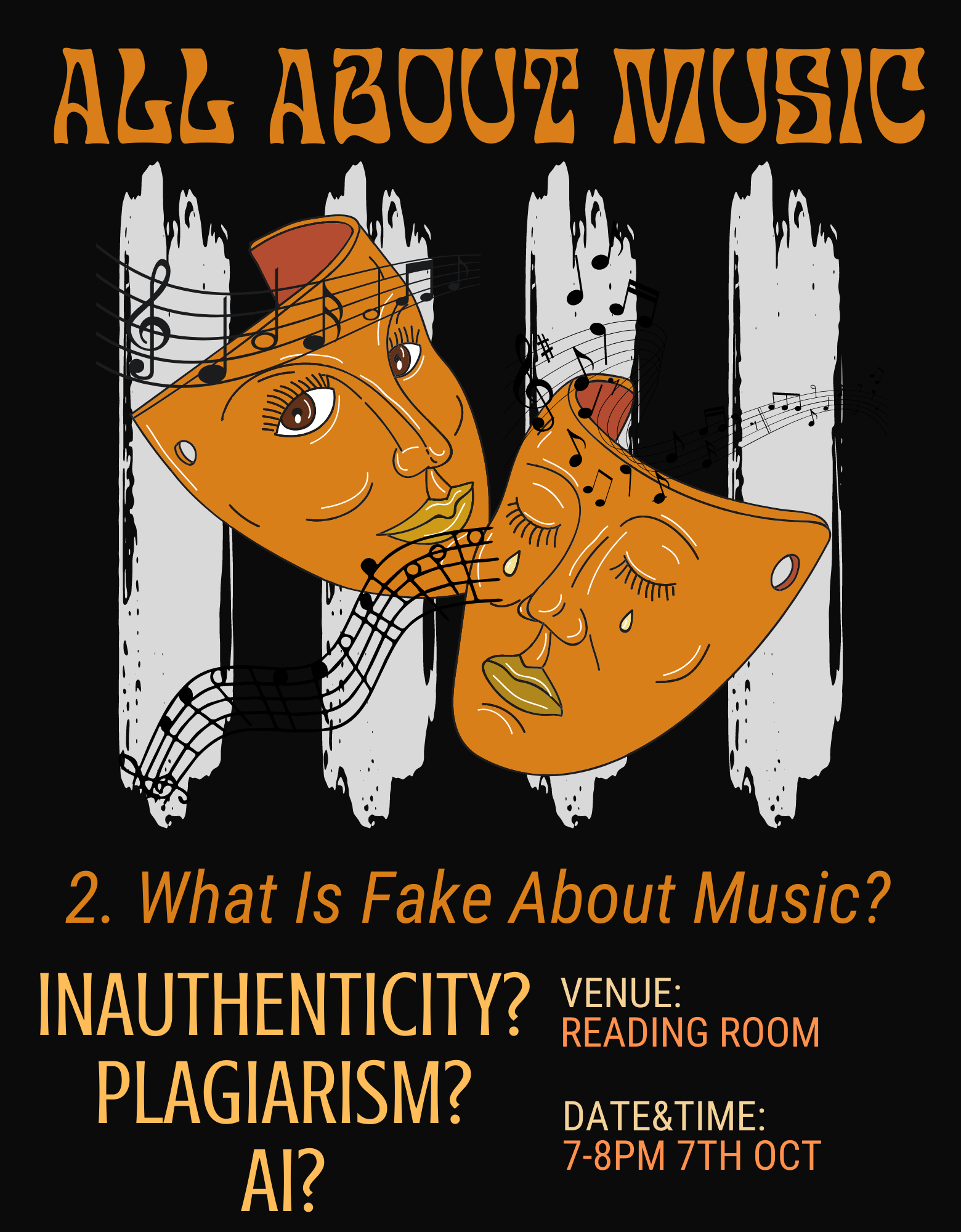COURSES
Science Fiction and Hope | Knowledge & Expertise | Technology and the Fate of Knowledge | Fakes | Technology, Horror, and the Unknown | Time and Life | Introduction to Philosophy of Technology | Introduction to Philosophy of Science
OTHER
Techne | Curios | About Music
Science Fiction and Hope
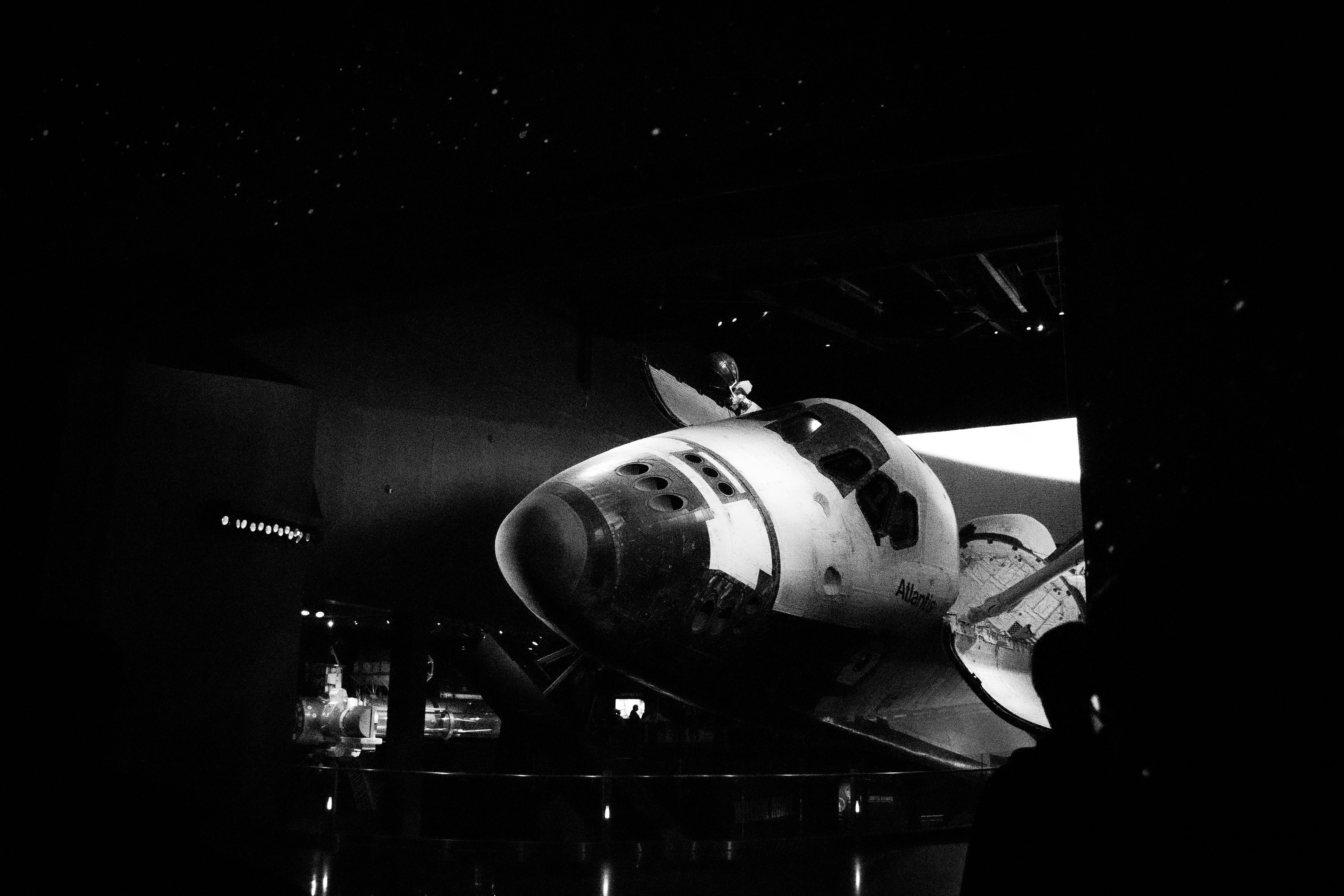
This interdisciplinary course involves studying science fiction (SF) as a resource for thinking about the future in Singapore. As existential risks often dominate media imaginations of the future—often accompanied by narratives of coming insecurity, radical change, and uncertainty—the focus of this course is on the possibilities of SF to imagine a better world. Students will explore the history of SF, in Singapore and abroad, the ways SF reveals a society’s hopes and fears, and its capacity to imagine hopeful futures and apply what they learn to imagine solutions to contemporary challenges.
Knowledge and Expertise

In this seminar, students examine some of the beliefs humans have held about knowledge, and those who are thought to possess it, throughout history, with a particular focus on technological change and the idea of expertise. Through a socio-historical treatment of figures associated with knowledge, students will discuss how experts are created, challenged, and replaced. This module will enable students to critically appreciate various forms of knowledge, to understand the social and historical context in which our current methods and processes for acquiring knowledge are situated, and assess how they shape individual and collective lives and experiences.
Technology and the Fate of Knowledge
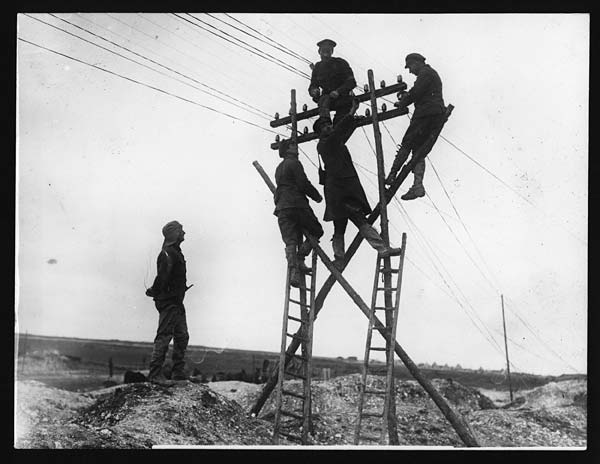
In 2016, Oxford Dictionaries named “post-truth” as the international word of the year. The choice came after the “Brexit” referendum in the UK and the 2016 US presidential election which both challenged assumptions about truth and who or which institutions have credibility to declare the truth, what is known, and what are the facts. At the same time, many argue that the Internet democratizes the ability to access and disseminate information. “Alternative facts” and “fake news” became household expressions and brought philosophical questions about the nature of knowledge into public debate: What is knowledge? Who gets to decide? How do we know when we have it?
In this module, we examine the role and nature of knowledge, communication, data, trust, privacy, and related concepts from an interdisciplinary angle. We achieve this through exploring the historical context, including key shifts and moments (e.g. the birth of modern science), as well as more recent innovations (such as big data, the internet, and AI).
Fakes

In this seminar, students examine various kinds of false appearances such as counterfeits, forgeries, hoaxes, and liars, together with attempts to expose them, often using sophisticated technologies. By critically examining what it means to designate an object, practice or person as ‘fake’, and how different kinds of fakes are judged as more or less problematic, students will develop the capacity to think critically and relationally about deep-seated human desires for truth and value.
By examining what makes an object, claim, practice or person a “fake”, and how the world reacts, judges, gets fooled by or tries to guard against such fakery, we will hone our capacity to think critically and relationally about the significance, role and threat of fakery. Not only that: we will also engage with the flipside of fakes and fakery, that is, how deep-seated human desires for ‘truth’ and ‘authenticity’ assert themselves.
The module is organized around the discussion of different kinds of fakes and cases of fakery. By engaging a variety of case studies, we will seek to (1) refine our understanding of fakes and fakery as a general phenomenon, and (2) develop analytical skills that can be transferred to other areas. One such skill relates to analyzing how fakes negotiate their success in the world: how do they slip in and get through, how is the ‘content’ of the fake matched with the ‘context’ in which it seeks to succeed, and vice versa? The second skill relates to the balance between belief and skepticism (or trust and suspicion), and the role that expertise, evidence and investigation play in working out – and persuading others of – what is what.
Time and Life
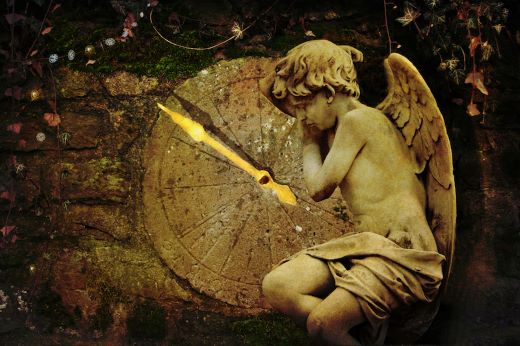
This course combines the philosophy, sociology, and anthropology of time with historical developments in time-keeping from early technologies such as water clocks through the invention of schedules and time-tables to modern and contemporary issues such as Taylorism and the 'always on' society.
There are few things that impact our lives as much as our sense of time. Singapore is a 'fast-paced' city where deadlines, time-saving apps and fertility clocks shape people's actions and experiences, and where many feel 'time poor', even if they are cash rich. In this module, we examine the ways in which we take time for granted through analysing the ways in which our lives are temporally grounded. We do so particularly through tracing connections between individual experience, social life and technologies such as clocks and watches, electric lighting and the internet. Is time-stress inevitable in this day and age? What does it mean to use one's time well?
Introduction to Philosophy of Technology

This module looks at the philosophical problems arising from technology and its relation to nature and human values. In doing so, it draws on a number of philosophical approaches and traditions. Among the topics to be discussed are the relation between science and technology, the way technology has shaped our perception of nature and human experience, and the ethical challenges posed by technological progress. Potential topics to be discussed will include the concept of risk, issues in environmental ethics, and social-epistemological problems arising from communication technology.
Technology, Horror, and the Unknown
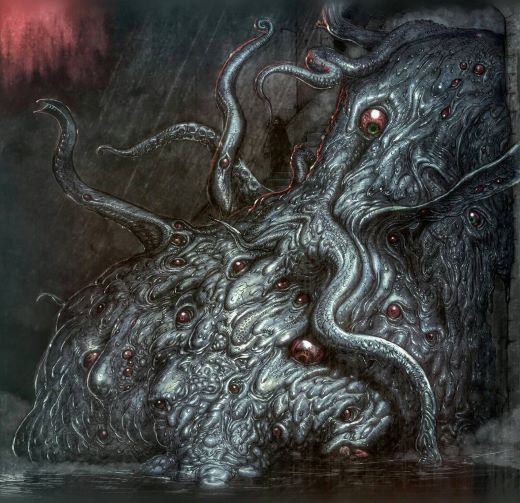
This module will equip students with the analytical tools required to assess and critically examine the history of a major genre in fiction through contextualizing it within societal and technological changes.
Things that go bump in the night can cause a fright. But the genre of horror also reveals our prevailing anxieties, fears, and hopes about technology. From medical laboratories and electrical devices to televisions and social media, horror has been obsessed the uncertain potential of new technologies. We look at how technology is portrayed in fiction and what this tells us about society’s attitudes towards technology. Through Asian and Western horror film and pop culture, and combining insights from film studies, philosophy, and science and technology studies, this module will uncover our attempts to grapple with technology and the unknown.
This module equips students with the analytical tools required to assess and critically examine the history of a major genre in fiction through contextualizing it within societal and technological changes.
The central aim of this module is to explore what the horror genre reveals about our relationship to technology. This is achieved by tying together methods and insights from primarily from the disciplines of Science and Technology Studies (STS), Philosophy of Science and Technology, and Film Studies.
The purpose of the module is to understand and intellectually examine hopes and fears in the context of society and as represented by the horror genre in an exemplary way, not to emphasize feeling the experience of fear. Horror has been part of film since its origins. Pioneers of early cinema, the Lumière brothers, made an experimental horror film in 1895 and this was followed by their contemporary Georges Méliès and the development of the sub-genre of “trick” films, as well as some of the most famous cinematic works of the early 20th century such Abel Gance’s Le Masque d’Horreur, Paul Wegener and Henrik Galeen’s Der Golem, Robert Wiene’s Das Cabinet des Dr. Caligari, and F.W. Murnau’s Nosferatu. Cinematic techniques have been employed beyond cinema from advertising to public service announcements. While it has always been topical, since the beginning of moving pictures, the horror genre has experienced a new revival in the 2010s in both mainstream TV (The Walking Dead, Stranger Things, etc.) and cinema and arthouse film. This is particularly true in Asia where horror continues to be a thriving genre. Between 1998 and 2017, horror accounted for over 10% of films made globally, more than crime, animation, fantasy, or science fiction (https://stephenfollows.com/genre-trends-global-film-production/). It experienced the largest growth of any genre during that same period. In South Korea, horror enjoys a popularity 40% above the global average (https://americanfilmmarket.com/relative-popularity-genres-around-world/) with successful blockbusters, such as A Tale of Two Sisters (2003), Save the Green Planet (2003), and Train to Busan (2016) emerging in the new millennium and shoring up the nation’s reputation for film in the region. In Singapore, Malayan horror film has been popular since at least the 1950s marked notably when Cathay-Keris Productions premiered Pontianak, a hugely successful film screening in major cinemas for almost two months (http://www.nlb.gov.sg/biblioasia/2017/07/03/a-history-of-singapore-horror/).
Horror literature is consumed with perhaps even greater gusto with writers such as Russell Lee, Catherine Lim, Pugalenthi Sr, and Daniel Sin enjoying continued success. Many students will consume horror fiction during their high school and university careers at regular screenings of both Western and Asian movies, on Netflix or through other media such as literature and video games. While horror fiction is a part of many student’s day-to-day lives, such everyday contexts do not afford much opportunity to reflect on the meaning and raison d'être of these fictions.
It is often noted by media and Asian Studies scholars that Asian horror has a particular preoccupation with technology (see, e.g. Jones 2010, Wada-Marciano 2009) which frequently features both as the object of horror and the plot device which compels the narrative forward. This provides an opportunity for students to reflect on and discuss the role of technology in wider society.
The horror genre is continually reinvented as societal anxieties and obsessions change and new technological innovations give rise to new fears. Studying the emergence of these fears, and how they are expressed through fiction, provides students with the opportunity to explore crucial contemporary socio-political and geopolitical concerns such as the impact of humans on the environment, the control of pandemics and disease, war and terror, genetic manipulation, and more.
In fact, the horror genre can be seen as illustrative of a gap between what C.P. Snow referred to as “two cultures” i.e. technoscience and the humanities. Many fears and anxieties in science and the humanities come through their exploration into unknowns and the uncertainty of the knowledge they produce. This module employs an STS framework to study this gap and, in particular, to think about how uncertainty, ignorance, and the unknown are part of, and expressed through, both cultures.
Like science fiction, horror exploits our fears and imaginations of existing and speculative technologies. However, the horror genre is quite distinct in the method by which it does this. Rather than exploring the physical effects of strange technology, as hard sci-fi does, horror is more interested in its psychological and societal effects. Its symbolism, iconography, and narrative forms are part of a rich history that is constantly innovated upon as new imaginations of new technologies emerge.
Introduction to Philosophy of Science
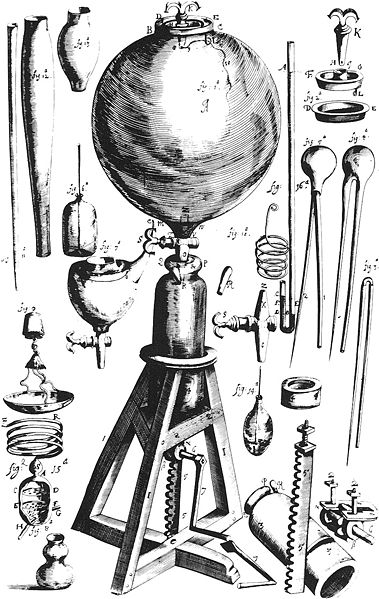
This module explores philosophical questions concerning the foundations and methods of the natural sciences as well as their relation to broader society, policy-making, and ethics. We ask questions such as: What is science? Do scientific theories provide us with truths? Is there a meaningful distinction between science and so-called pseudoscience? What is scientific method? Should scientific experts make policy decisions? We will also discuss the role of observation, experience, inference, realism, conjecture and refutation, explanation, and confirmation in science.
Techne

The primary goal of Techne is to create, continue, and maintain a culture for making and conversation at Tembusu College. Techne is an umbrella for various groups including a makerspace which I founded at the college, a series of workshops and masterclasses, TechnoEthics - a working group for thinking and writing about ethical and political issues in technology and society - and a product development arm.
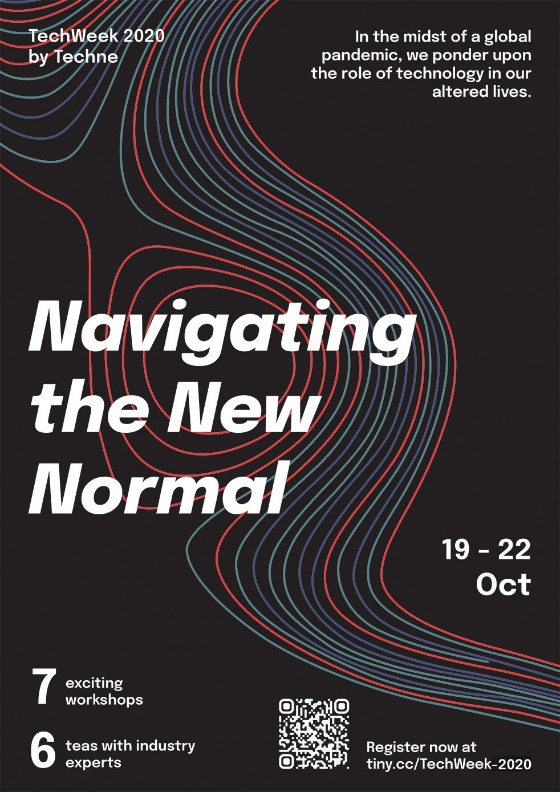
Curios
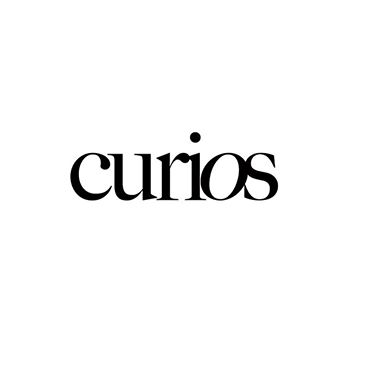
Curios is an annual periodical published by Tembusu College. It consists of opinion pieces (ranging from political commentaries to art and culture), interviews, personal narratives about human experiences, art features (illustration, poetry, photography etc.) among others. More importantly, Curios is a space for writers, creators and artists alike to be free, unhindered, and challenged to explore their personal voices and visions.
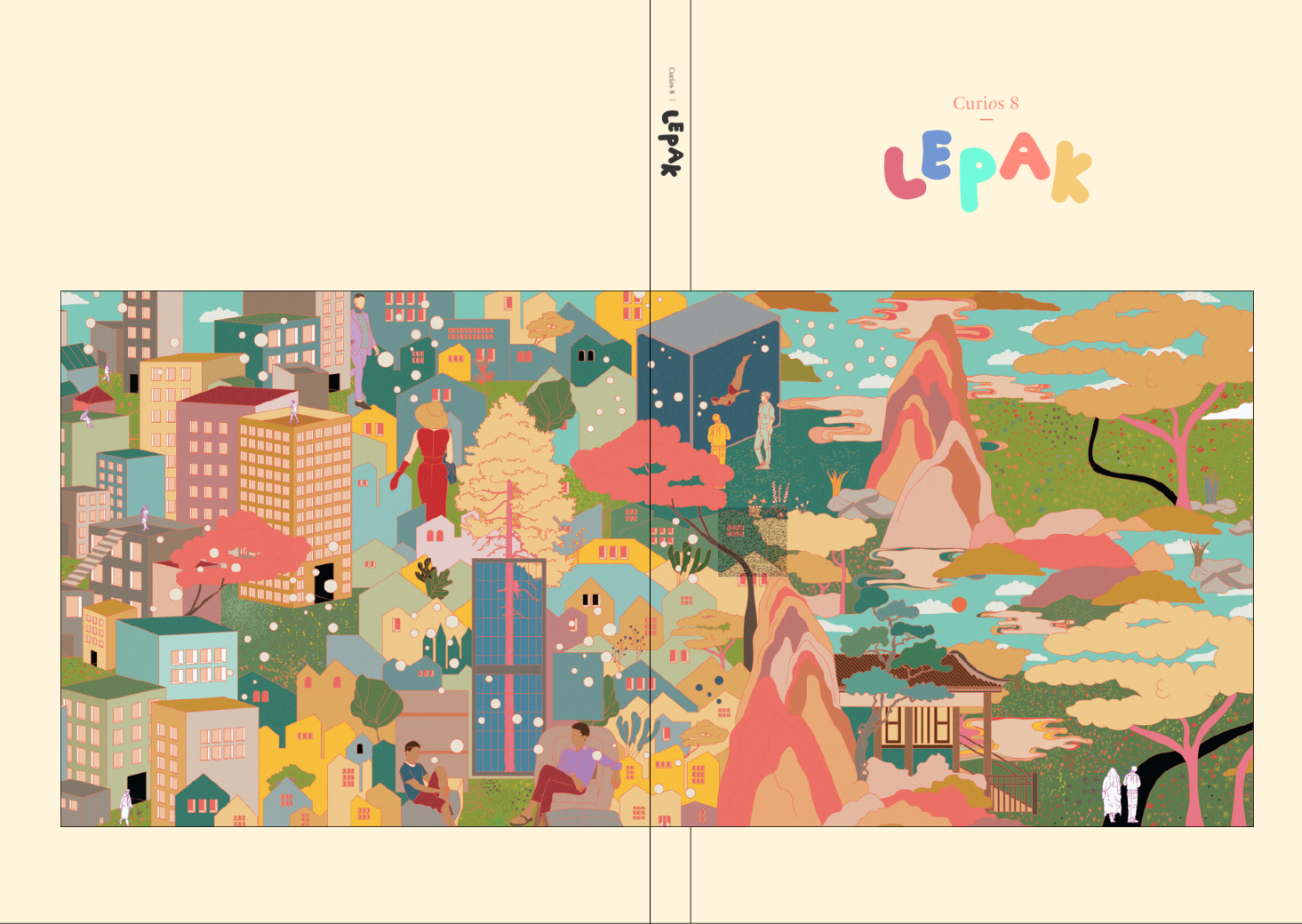
About Music
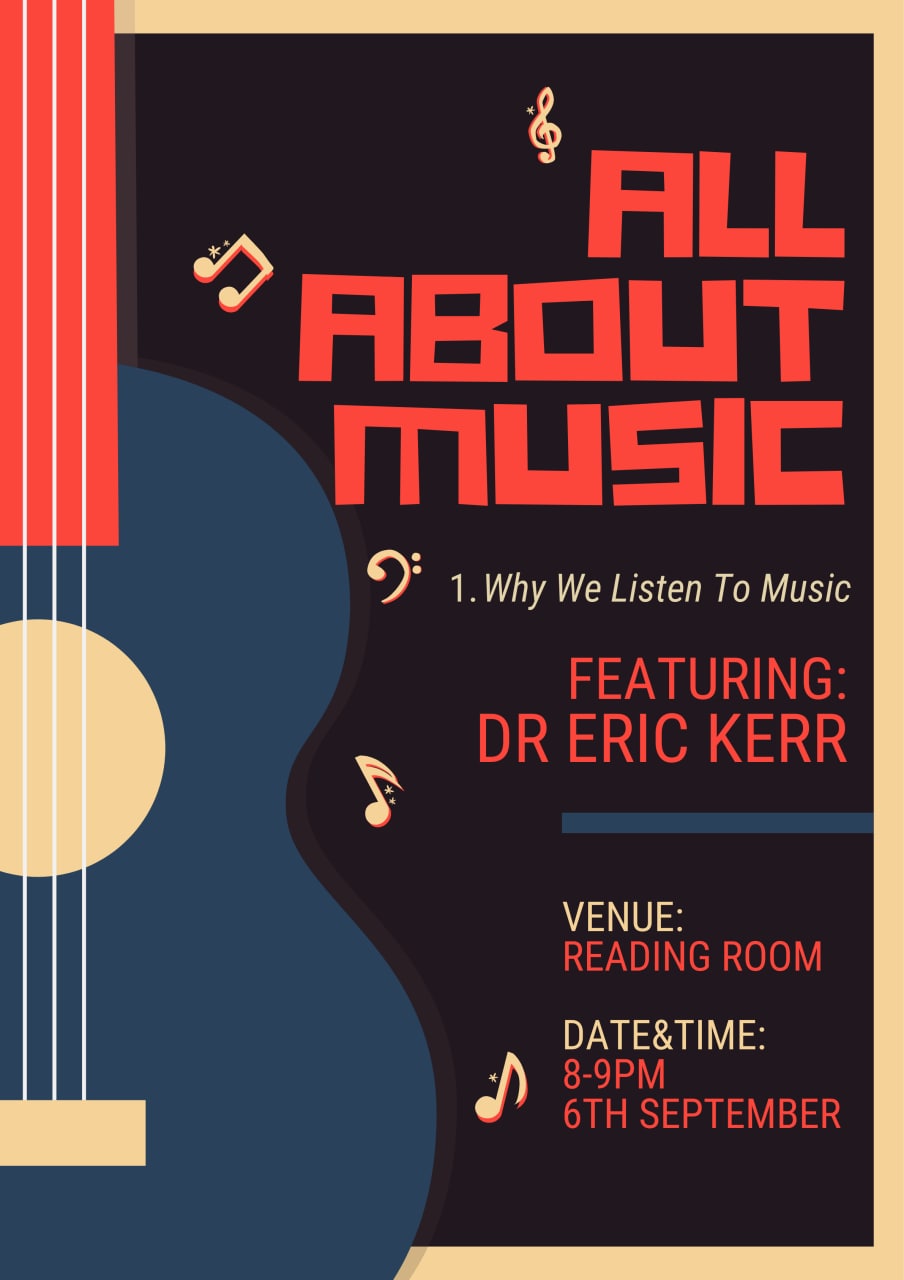
About Music is an event series at Tembusu College which involves playing, listening to, and talking about music.
